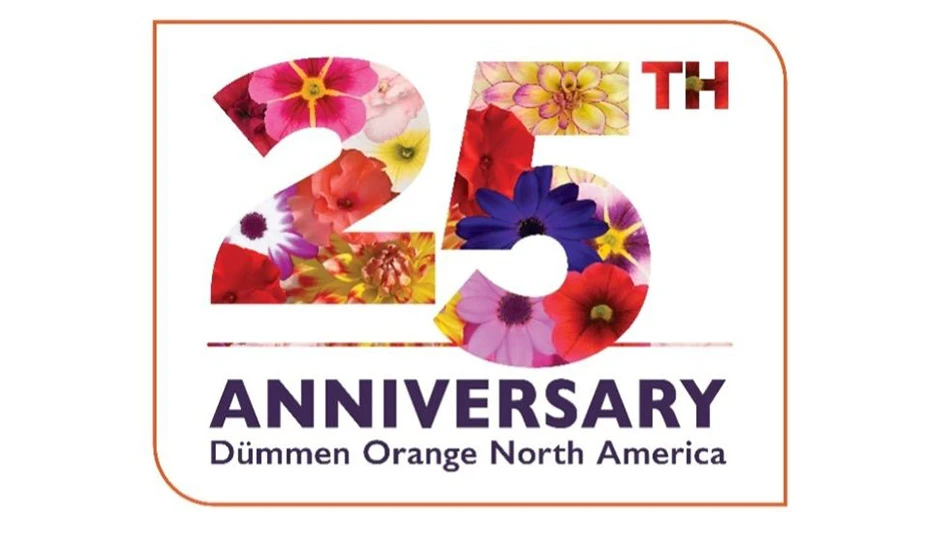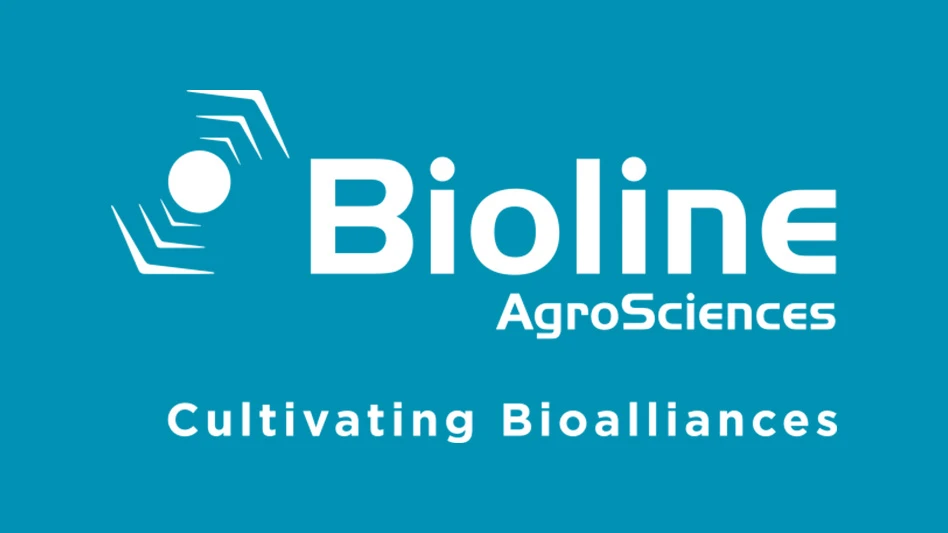
The foxglove aphid (Aulacorthum solani) is a pervasive greenhouse pest in ornamental and vegetable crops, infesting a high number of varieties throughout the year. In addition, increasing pesticide use could cause development of pesticide resistance, making this pest even more difficult to combat.
Dr. Michelangelo La Spina, a research associate at Vineland Research and Innovation Centre in Ontario, Canada, focuses on the foxglove aphid in his studies. La Spina is in charge of designing experiments at Vineland that will help growers to better understand and manage foxglove aphid populations, especially with biocontrol agents. His current experiment is part of a project that seeks to develop alternative biological control methods that complement other pest control methods already being used in the greenhouse. The three-year project is funded by Koppert and Biobest, and La Spina’s focus is on biocontrol agents as a control for foxglove aphid.
“We chose this aphid because there are four or five important aphids in ornamental crops, and this is one of the most difficult to apply biological control strategies to,” La Spina says. “They thought that was a good chance to improve the biological controls against this aphid.” Part of the reason that the foxglove aphid is so challenging for growers in North America is that there aren’t as many biocontrol agents available as in other parts of the world, and nonnative species may not be transported into the continent. In addition, the biocontrol methods used must be compatible with those currently being used to combat thrips. If either set of predators (i.e. those being used to control thrips or aphids) attacks the other, it will allow one of the pest populations to rise again.
A need for guidelines
The most commonly used biocontrol agents in North America for foxglove aphid control are the parasitoid Aphidus ervi and the predatory midge Aphidoletes aphidimyza. When aphids sense the parasitoids, they will drop off the plant they’re feeding on and seek out a new, safer one to colonize. After dropping off, one of three things will happen: the foxglove aphids will die because they were already parasitized; they will become parasitized by the parasitoids that followed them to the new plant; or, they may survive and damage the new plant. The predatory midge did not perform well in the experiment. “What I’m comparing right now is if the parasitoids are able to seek out the aphid colonies in single plants around a greenhouse,” La Spina says. “I’m working with two [colony] densities — one really small, and a big one, to see if they are able to find [the aphids].” So far, the experiment’s results have confirmed that Aphidus ervi is the most effective parasitoid available for foxglove aphids in both colony sizes.

One of the researcher’s conclusions is that providing growers with more specific application guidelines for existing parasitoids may be as important as finding new ones. “The chemical control [application] was clear and simple,” La Spina says. “But in this [method], you have to think about what to do with the biological control agent: the way that you release, when you release and how you release the insect.”
Now that the lab research has yielded some conclusions about the best biocontrol methods for foxglove aphids, La Spina is testing them with commercial greenhouse partners. Once they have feedback from the growers, he hopes that they will be able to develop updated biological control strategies for other greenhouse growers.

Explore the January 2017 Issue
Check out more from this issue and find your next story to read.
Latest from Greenhouse Management
- Super Charged Moon Juice from Moon Valley Nurseries now available nationally
- 2025 Proven Winners Horticulture Scholarship applications now open
- How to improve inventory and shipping management in the greenhouse
- Leading Women of Horticulture: Anna Ball, Ball Hort, and Terri McEnaney, Bailey Nurseries
- GM CEA HERB Part 2: A guide to increasing the sowing density of culinary herbs
- GM CEA HERB Part 1: Best practices for producing culinary herbs in controlled environments
- USDA fires experts on invasive pests, including Asian citrus psyllid, chilli thrips
- CEA Alliance celebrates bipartisan introduction of Supporting Innovation in Agriculture Act








